Fungi might not be the first thing that comes to mind when you think of crucial life-support systems, but these incredible organisms are essential to both your health and the planet’s sustainability. From their vital role in decomposition to fostering plant growth and even advancing medical science, fungi are everywhere, quietly working their magic. You might not notice them, but trust us, your life would be markedly different—and far less vibrant—without them. Here are 13 fascinating facts that explain why your body and the planet can’t survive without fungi.
1. They’re Nature’s Recyclers

Fungi are the unsung heroes of decomposition, breaking down dead organic matter and returning essential nutrients to the soil. This process not only enriches the earth but also supports the next generation of plant life. Imagine what the world would look like if everything simply piled up without breaking down—pretty messy, right? Thanks to fungi, nature’s recycling system runs smoothly, making life sustainable for other organisms, including you.
According to a study by the Royal Botanic Gardens, Kew, fungi decompose around 90% of all plant material on Earth. This staggering figure underscores their critical role in maintaining ecological balance and promoting biodiversity. So the next time you see a mushroom sprouting from the ground, remember it’s not just a funghi—it’s a powerhouse of nature’s cleanup crew. Without them, the circle of life would be more like a traffic jam.
2. They’re Guardians Of Your Gut

Your gut is teeming with life, and fungi are a surprisingly important part of that ecosystem. It turns out that a balanced gut flora isn’t just bacteria’s job; fungi also play a crucial role in digestion and nutrient absorption. They help break down complex carbohydrates and keep harmful microbes at bay. While you might shudder at the thought of fungi inside you, they’re actually key to a healthy digestive system.
Beyond digestion, these fungi have implications for your overall well-being. An imbalance in your gut flora can lead to issues like inflammation and even affect your mental health. So, the next time you’re considering a diet change, remember that what you eat also feeds the microscopic fungi helping you from the inside. Keeping these little helpers happy is a big step toward overall health and wellness.
3. They Keep Plants Healthy

Fungi form symbiotic relationships with plants, a partnership known as mycorrhiza. These fungal networks extend the reach of plant roots, allowing them to access water and nutrients that would otherwise be unavailable. By enhancing plant growth, fungi play a crucial role in agriculture and natural ecosystems alike. Imagine a world where crops grow faster, stronger, and healthier—fungi make that possible.
The Journal of Ecology highlights that over 90% of plant species form mycorrhizal partnerships. This collaboration is essential for the health of forests and fields alike, contributing to everything from food production to carbon sequestration. So when you enjoy a salad or stroll through a lush park, remember that fungi are working behind the scenes. Their role as plant partners is a testament to the interconnectedness of life on Earth.
4. They’re Medicine Workers
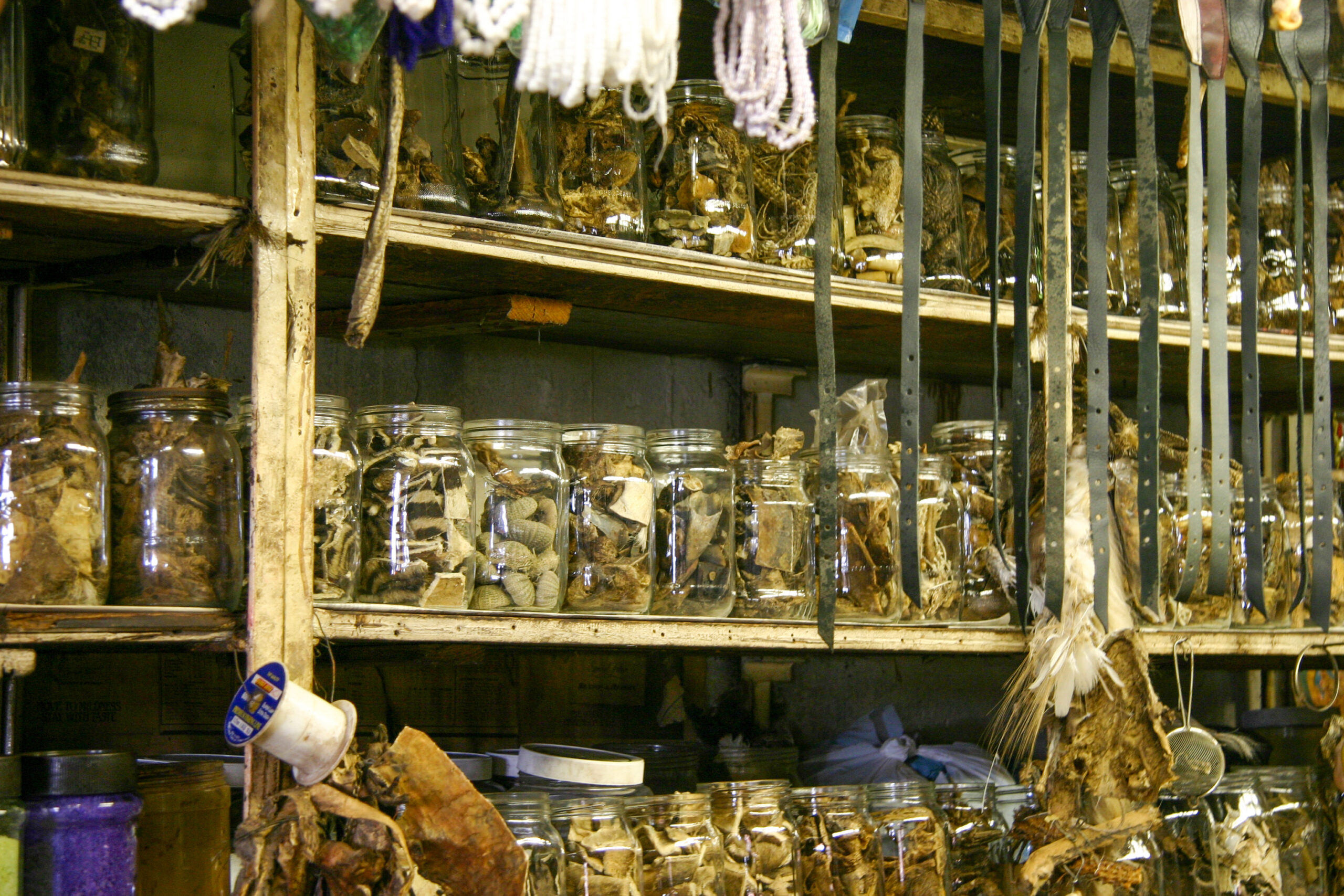
Penicillin, one of the most groundbreaking medical discoveries, was derived from a type of fungus. This monumental achievement underscores fungi’s potential in medical science, where they continue to be a source of antibiotics, immunosuppressants, and cholesterol-lowering drugs. Their chemical diversity is a treasure trove for researchers seeking new treatments. Imagine the world of medicine without these fungal contributions—it’s a daunting thought.
Beyond antibiotics, fungi are paving the way for innovative therapies. Scientists are exploring them for cancer treatments, and even as potential allies in fighting drug-resistant bacteria. In a lab or a hospital, fungi hold the promise of medical breakthroughs that could change the face of healthcare. These tiny organisms are silent partners in your quest for health and longevity.
5. They’re Environmental Engineers
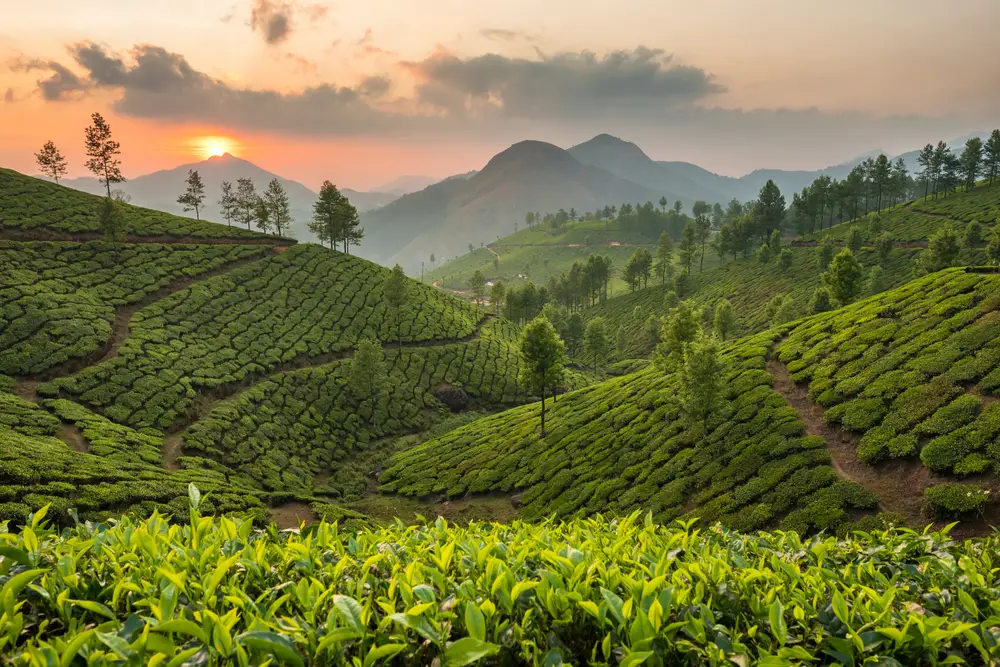
Fungi can break down pollutants, making them invaluable in bioremediation projects. They have the remarkable ability to detoxify environments, transforming contaminated sites into habitable spaces once more. Think of them as nature’s very own cleanup crew, tackling oil spills and heavy metal contamination with finesse. It’s astonishing to consider how such small organisms can have such a massive environmental impact.
A study published in the journal Environmental Microbiology highlights fungi’s role in degrading persistent pollutants like plastics and pesticides. As environmental challenges grow, these natural engineers offer sustainable solutions. Their capacity to restore balance to compromised ecosystems makes them invaluable allies in conservation efforts. Imagine a world where pollution is less of a threat—fungi are key players in making that vision a reality.
6. They’re Nutritional Powerhouses
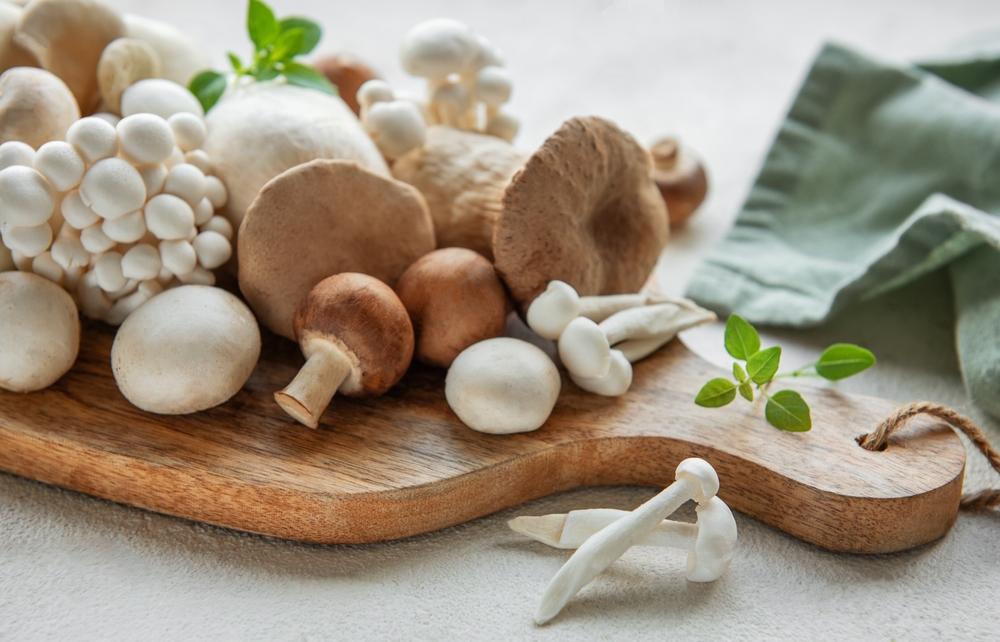
From truffles to mushrooms, fungi are culinary delights that have graced your plate with unique flavors and textures. They aren’t just tasty; they’re also packed with nutrients, offering a good source of antioxidants, vitamins, and minerals. Whether you’re savoring a gourmet dish or indulging in a simple mushroom risotto, fungi add depth and richness to your meals. They’re a testament to how something so small can have such a big impact on your culinary experience.
Beyond flavor, the health benefits of edible fungi are noteworthy. They’re low in calories and fat, making them an excellent addition to a balanced diet. As plant-based diets gain popularity, fungi are stepping up as versatile, nutritious ingredients that can satisfy even the most demanding palates. So the next time you cook with mushrooms, remember you’re partaking in a tradition that’s as nutritious as it is delicious.
7. They Help Combat Climate Change

Fungi play a critical role in carbon cycling, helping to sequester carbon in the soil and mitigate climate change. By breaking down organic material, they lock carbon in the ground, preventing it from being released into the atmosphere. This makes fungi key players in the fight against global warming. Their contribution to maintaining the Earth’s climate balance is both vital and often overlooked.
According to research from the University of Cambridge, fungi can store more carbon than all the plants on Earth’s surface combined. This highlights their potential as natural carbon sinks in a world grappling with increasing carbon emissions. As the climate crisis intensifies, these organisms could be pivotal in global carbon management strategies. Their humble work beneath our feet has profound implications for the planet’s future.
8. They’re Sustainable Superheroes

Fungi aren’t just beneficial in nature and health—they’re also making waves in industry. From biodegradable packaging to sustainable building materials, fungi are redefining what’s possible in the green economy. They can be grown into a variety of shapes and sizes, offering innovative, eco-friendly alternatives to common industrial materials. It’s a futuristic take on manufacturing, with fungi leading the way toward a more sustainable future.
These advancements are more than just novelties; they have the potential to revolutionize entire industries. Imagine a world where waste is minimized and resources are used more efficiently—fungi are key to making that dream a reality. As companies increasingly seek sustainable solutions, fungi offer promising pathways toward reducing environmental impact. This is nature’s ingenuity applied to modern challenges, proving that sometimes the smallest organisms can lead to the biggest changes.
9. They Protect Biodiversity
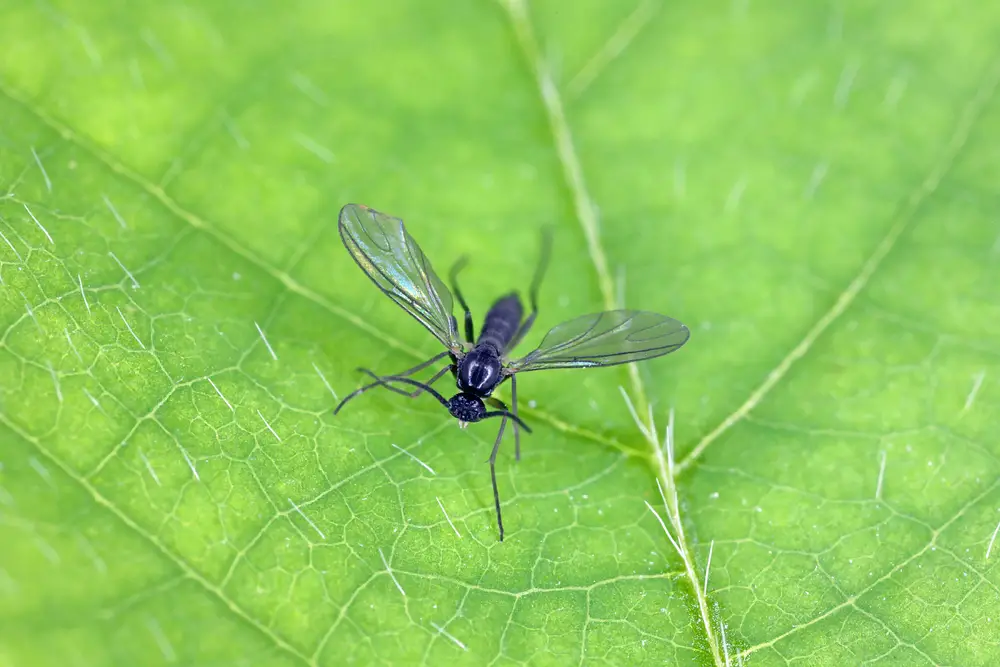
In ecosystems around the world, fungi protect biodiversity by supporting a wide range of species. They create habitats, recycle nutrients, and maintain the balance that allows diverse life forms to thrive. Without fungi, many ecosystems would collapse, leading to a loss of species and ecological imbalance. Their role as guardians of biodiversity is crucial for the health of our planet.
Fungi’s influence extends to the animal kingdom as well. Many insects and small mammals rely on fungi as a food source, forming a complex web of life that supports entire ecosystems. Their presence ensures that life at all levels can coexist and flourish. By preserving biodiversity, fungi not only enrich our world but also safeguard the resilience of natural systems against environmental challenges.
10. They Give Ecosystems Life
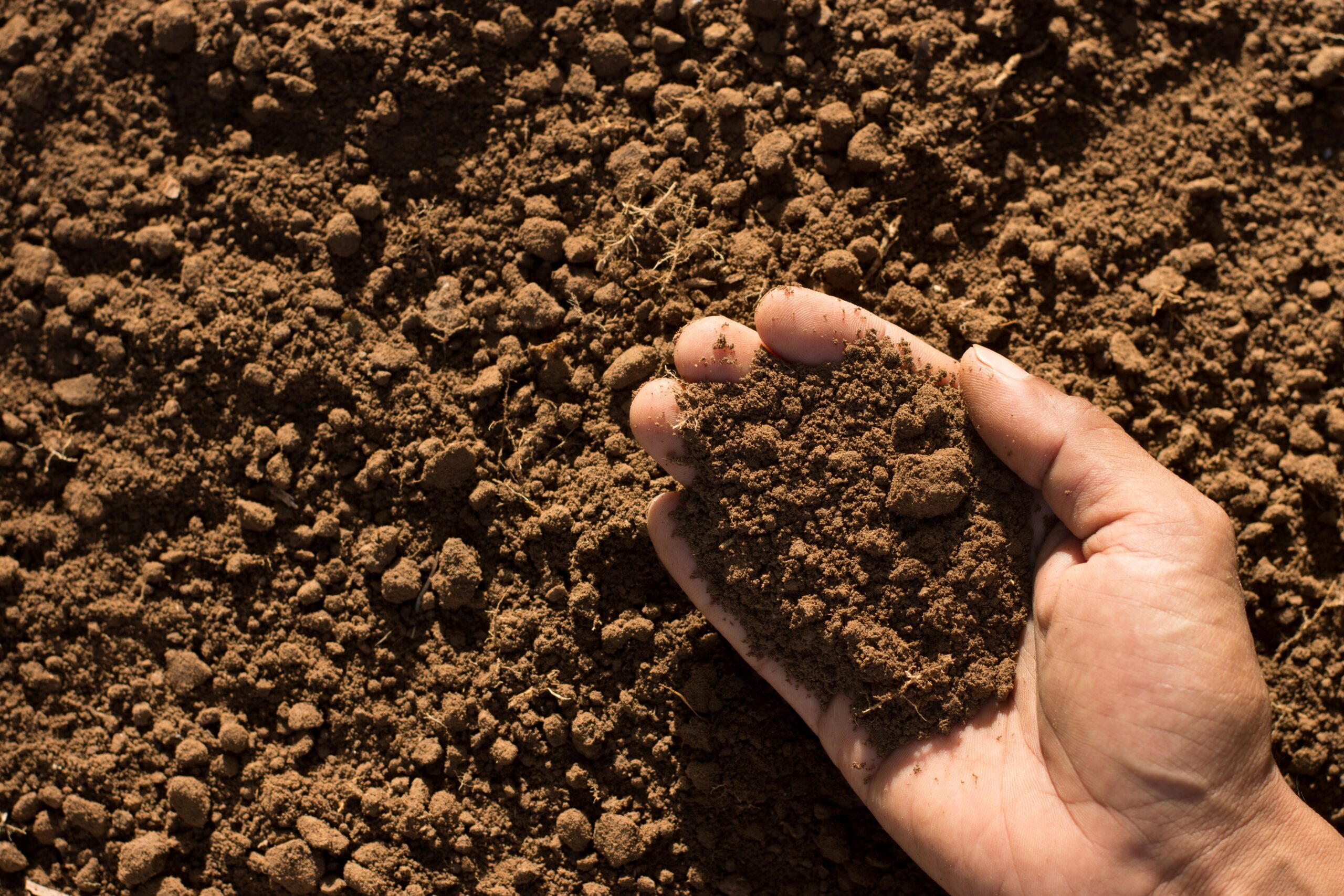
Fungi are underground architects, shaping the world in ways that go unnoticed by the casual observer. Through their networks, they stabilize soil, prevent erosion, and influence water retention. This hidden work ensures that landscapes remain resilient and capable of supporting diverse life forms. Fungi’s engineering feats are a reminder that the most impactful work can often be unseen.
Their soil-stabilizing actions are crucial in areas prone to erosion and desertification. By holding soil in place and maintaining its structure, fungi contribute to the formation of fertile land. This capability underscores their importance in sustainable land management and conservation. In the grand tapestry of life, fungi are the threads that hold everything together, working silently to maintain balance and harmony.
11. They’re Evolution Pioneers
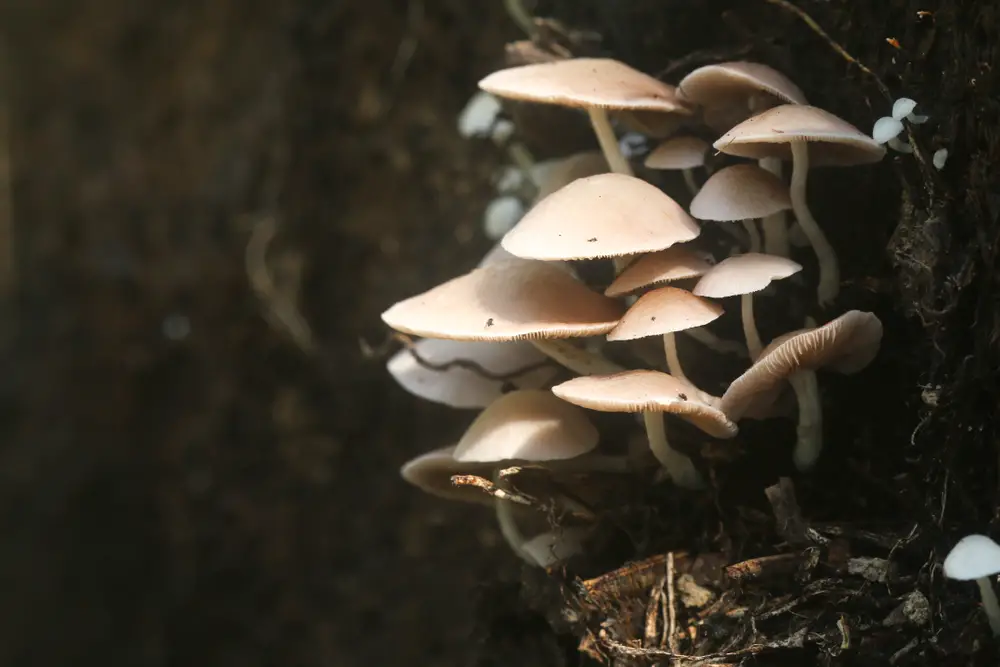
Fungi have been around for over a billion years, making them one of the earliest forms of life on Earth. Their evolutionary history has seen them adapt to and shape the environments they inhabit. As pioneers, they’ve played a significant role in the development of life, influencing evolutionary paths for countless species. Their ancient lineage is a testament to their resilience and adaptability.
The fossil record reveals fungi’s persistent presence throughout major evolutionary events. From the colonization of land by plants to the rise of complex ecosystems, fungi have been there, facilitating transitions and transformations. Their evolutionary journey offers insights into life’s adaptability and the interconnections that define ecosystems. As living fossils, fungi are a bridge between the past and the future, showcasing the enduring power of nature.
12. They’re Artistic Muses

Fungi have inspired artists and visionaries for centuries, appearing in everything from ancient art to contemporary design. Their unique forms, colors, and growth patterns offer endless creative possibilities. Whether it’s the intricate beauty of a mushroom or the striking colors of lichen, fungi capture the imagination and fuel artistic expression. They remind us that nature is a boundless source of inspiration and wonder.
In modern art, fungi are celebrated for their organic aesthetics and ecological significance. Designers and architects are incorporating fungal motifs and materials into their work, bridging the gap between natural beauty and human creativity. This intersection of art and biology enriches our cultural landscape, highlighting the interconnectedness of all life. By inspiring creativity, fungi contribute to the beauty and depth of human culture.
13. They Support All Life Forces

Fungi teach us about resilience, interconnectedness, and the subtle ways life supports life. Their quiet presence in our ecosystems and lives serves as a reminder of the intricate web of connections that sustain the world. By observing and understanding fungi, we gain insights into the principles of cooperation and balance. They are silent teachers, offering lessons that resonate beyond their small stature.
In a world where rapid change and uncertainty are constant, fungi offer a model of adaptability and persistence. Their ability to thrive in diverse conditions demonstrates the power of collaboration and resourcefulness. As we face environmental and societal challenges, the lessons of fungi can guide us toward more sustainable and harmonious ways of living. They remind us that even the smallest life forms have the potential to inspire profound change.
